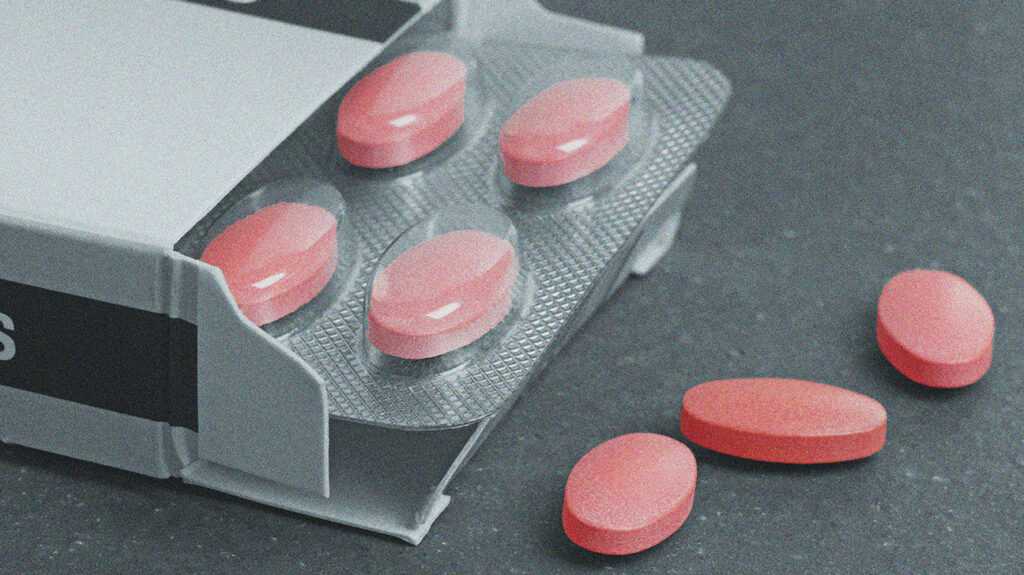Statin users 50% less inclined to die in medical center from severe COVID-19
07 March, 2021

Some 40 million persons living in america take statins in reducing their cholesterol levels and threat of heart disease.
But statins may also have a solid anti-inflammatory, anti-blood clotting, and antiviral result, which may support limit issues associated with severe COVID-19.
This is why researchers want to find out if statin use impacts COVID-19 outcomes.
In a new study, several researchers, including cardiologists caring for hospitalized COVID-19 patients in New York, attempt to compare person outcomes between persons who had used statins before hospitalization and the ones who had not.
“Our study is one of the larger analyses confirming this hypothesis, and the info lay the groundwork for near future randomized clinical trials that are needed to confirm the benefit for statins found in COVID-19,” says co-lead author of the study, Dr. Aakriti Gupta, MD, a cardiologist at NewYork-Presbyterian/Columbia University Irving INFIRMARY.
If an effective clinical trial validates the researchers’ results, statins could represent a low-cost, simple to access, relatively safe treatment alternative for COVID-19.
Currently, the Food and Drug Administration (FDA) has approved only 1 drug to take care of COVID-19 - remdesivir (Veklury). However, various other medications may be beneficial during certain stages of the disease.
Why statins?
Statins are actually the most common kind of drug that persons use to lessen cholesterol levels.
According to the American Cardiovascular system Association, they do the job predominately simply by blocking a particular cholesterol-producing enzyme, creating less production and discharge of cholesterol.
But statins also seem to be to have a solid anti-inflammatory, anti-clotting, and anti-viral effect. They could also assist in improving wound healing in organs including the lungs.
Researchers are also exploring whether statins might help treat viral attacks that can cause major issues, such as for example widespread inflammation, clotting, and associated cellular damage.
Just about the most severe complications associated with COVID-19 and different respiratory attacks is acute respiratory distress syndrome (ARDS). However, study evaluating the impression of statin usage on ARDS hasn't demonstrated any large-scale benefits.
Not surprisingly, a 2018 study discovered that statin use improved outcomes in persons with a hyperinflammatory subtype of ARDS.
A 2017 study discovered that people taking statins on admission to the hospital for community-acquired pneumonia were less inclined to die than persons not taking them.
Researchers are actually trying to evaluate whether statins could possibly be useful in the context of COVID-19.
A 2020 research conducted in Singapore discovered that persons taking statins were less inclined to be admitted to the intensive care unit (ICU) than people not taking them.
Additional research found that persons with COVID-19 who started taking statins just after being hospitalized but who didn't treatment on the ICU were 47% less likely to die.
Researchers in the U.S. also recently discovered that statin make use of before hospitalization may reduce the risk of producing extreme COVID-19 by 50%.
The study also noted that people with COVID-19 who were taking statins before admission to a healthcare facility saw improved recovery times.
Scientists think this could possibly be because as well as reducing inflammation, the chance of clots, and cellular destruction, statins also take away cholesterol from the outer membranes of cells.
SARS-CoV-2, the virus that triggers COVID-19, binds and enters cells by attaching viral spike proteins to a cell’s angiotensin-converting enzyme 2 (ACE-2) receptors.
These receptors sit down in a lipid raft, part of the cell’s membrane which has cholesterol, proteins like ACE-2, and different fats and proteins.
And studies also show that removing cholesterol from these lipid rafts signifies that coronaviruses cannot enter cells, even after binding.
Source: www.medicalnewstoday.com
